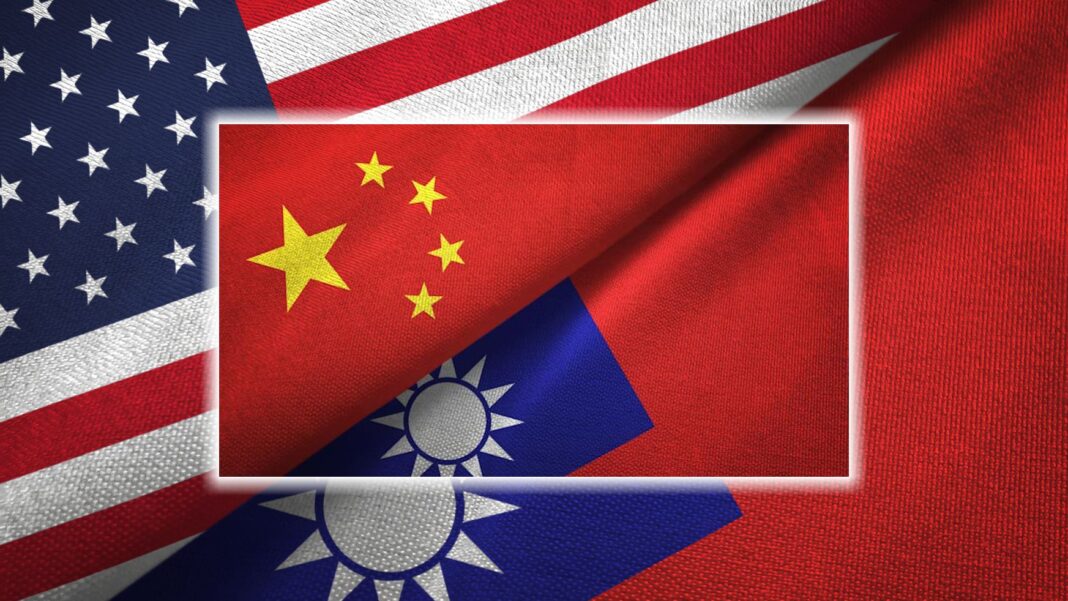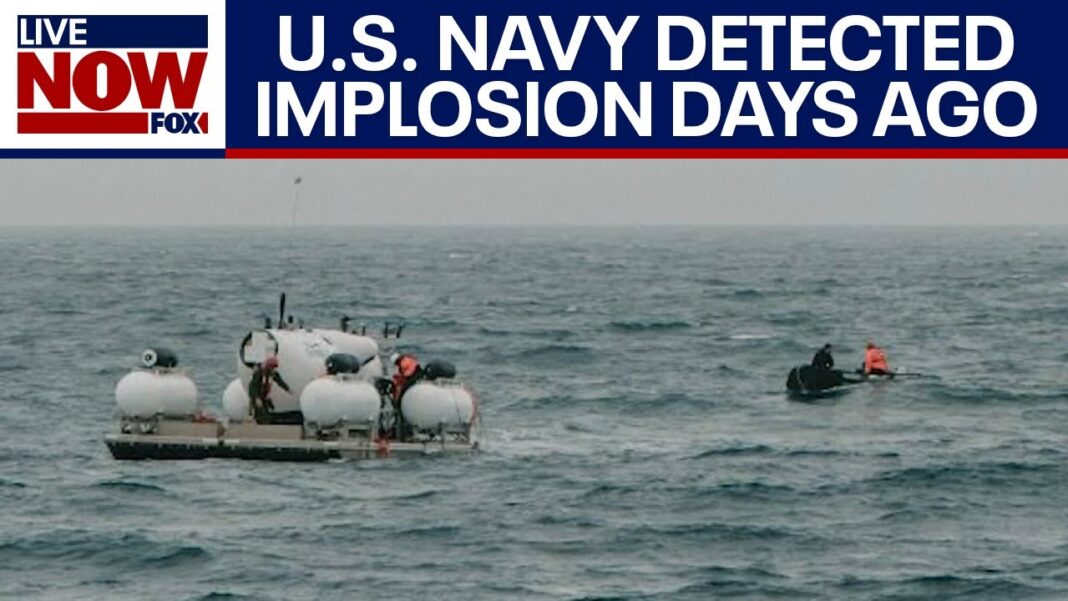The United States is drifting into a war with China’s communist regime that could upend the global order and shatter economies around the world, according to two former military leaders.
A potential conflict between the United States and China over Taiwan would result in global catastrophe but is nevertheless becoming an increasingly likely scenario, former Joint Chiefs of Staff Chair Mike Mullen says.
“I’m worried that we’re just drifting into war,” Mullen said during a June 20 talk with the Council on Foreign Relations think tank. “[Taiwan] is an island that is at the center of four of the five top economies in the world.”
Mullen said that U.S. efforts to deter an escalation toward conflict in the Taiwan Strait has been “failing over many years.”
Moreover, he said, given that Taiwan manufactures 90 percent of the world’s advanced semiconductors, which are used in everything from pickup trucks to hypersonic missiles, a conflict for the island would “devastate the globe.”
CCP Building Military ‘to Confront the US’
The Chinese Communist Party (CCP), which rules China as a single-party state, claims that Taiwan is part of its territory and must be united with the mainland by any means necessary.
While the regime has never controlled any part of the island, which is governed by a democratically elected government, CCP officials have threatened to start a war to prevent Taiwan’s de facto independence from being recognized internationally.
The CCP has increased its aggression against Taiwan and also the United States in recent years, frequently sending fighter jets and military vessels to harass U.S. and Taiwanese forces in the region.
Ensuring Taiwan’s continued security is a “vital interest for the United States,” Mullen said. Deterring a CCP invasion of the island, however, will require the United States to take bold actions against the regime sooner rather than later.
“Clearly, China is much more aggressive, much more coercive on the military side, on the diplomatic side, on the economic side, and the political side,” Mullen said. “Rebalancing that means we’re going to have to take pretty aggressive steps which, at a time of high tensions, could be read the wrong way.”









